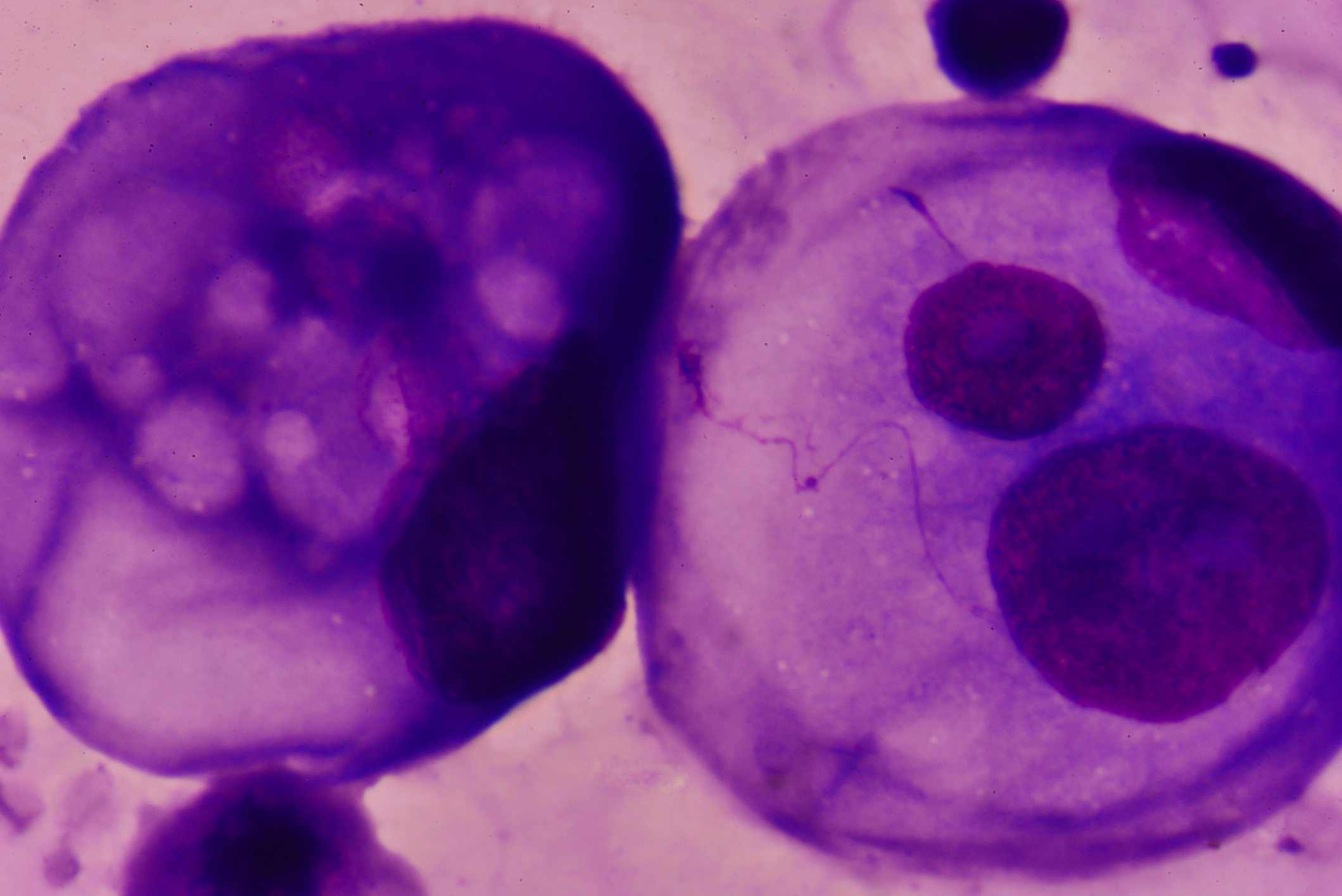
The US regulator has granted biliary tract cancer therapy Silmitasertib orphan drug designation.
There are currently no treatments for this rare cancer, and the US food and Drug Administration (FDA) hopes that pharmaceutical firm Senhwa’s drug will meet the significant need for new biliary tract cancer options.
First-line standard of care is currently a chemotherapy regimen of gemcitabine and the powerful intravenous drug cisplatin However, there are no globally accepted standards of care for locally advanced or metastatic biliary tract cancer (BTC) if first-line chemotherapy fails.
Silmitasertib is a first-in-class small molecule drug that targets the CK2 pathway and acts as a CK2-inhibitor. To date, clinical studies have shown that it is safe and well-tolerated in humans and is easily administered orally.
The drug is currently under development in several adult and paediatric oncology programmes aimed at treating recurrent, advanced, or metastatic cancer. To date, three phase I trials and one phase II trial of Silmitasertib in cancer patients have been completed; currently, there are two ongoing phase II studies of Silmitasertib.
“Pre-clinical studies demonstrate that inhibition of CK2 by Silmitasertib prevents DNA repair, induces apoptosis, and improves the antitumor activity of gemcitabine and cisplatin,” states Senhwa. “There is a significant need for new BTC treatment options.”
There are distinct subtypes of BTC – known as cholangiocarcinoma – based on the tissue where the cancer originates, including intrahepatic cholangiocarcinoma (IHCC), extrahepatic cholangiocarcinoma (EHCC), gallbladder cancer (GBC), and ampullary cancer. According to Cancer Research UK, more than nine in every ten bile duct cancers start in the cells that line the bile ducts, the epithelial cells. This type of cancer is known as epithelial adenocarcinoma.
Mei-Hui Kuo, acting CEO of Senhwa Biosciences, said: “We are pleased to receive orphan drug designation (ODD) for Silmitasertib for the treatment of biliary tract cancer, a rare, malignant disease for which there are no effective therapies.
“ODD represents an important regulatory milestone that has the potential to expedite the clinical development of Silmitasertib, which is a potent and selective CK2 inhibitor.”
ODD status is granted to drugs and biologics that are intended to treat, prevent or diagnose a life-threatening or chronically debilitating rare disease with a prevalence of fewer than 200,000 people in the US. The designation gives researchers certain financial incentives to support clinical development, including the potential for up to seven years of market exclusivity in the US, upon regulatory approval.
The post Biliary tract cancer drug granted orphan drug designation in US appeared first on .
